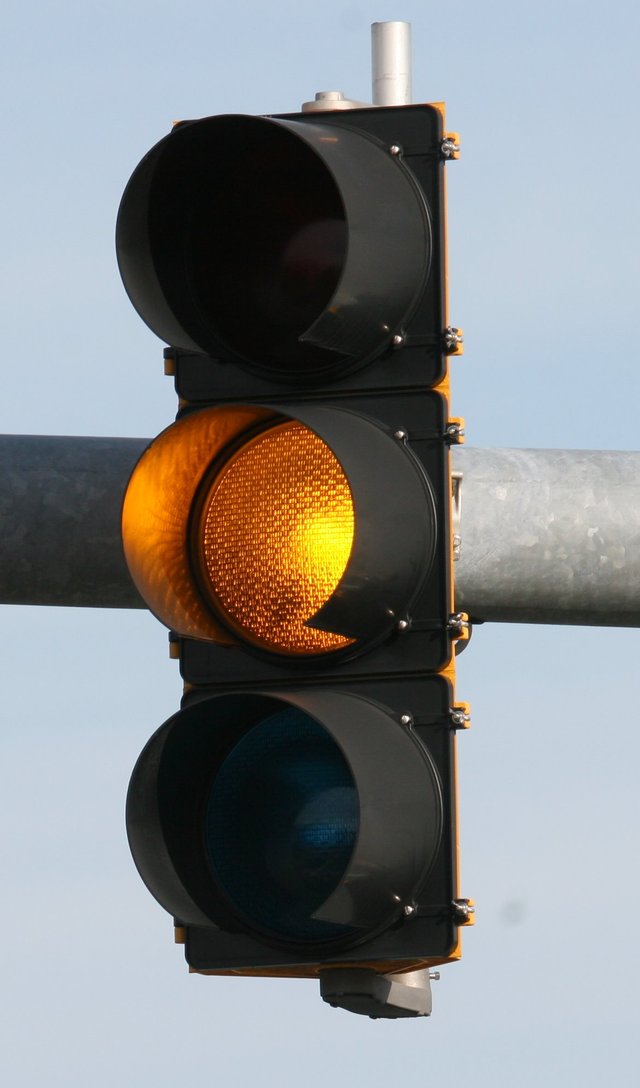Surely one of the easiest things Ferguson can do to improve traffic safety would be to bring back red light cameras. The first step in the process would be a Ferguson Council Resolution calling on the City Manager to solicit bids for a revised Red Light Camera program that meets Missouri law.
There’s a perception that red light cameras were banned by Missouri courts. But it wasn’t the use of red light cameras the court struck down, it was how the cameras and ticketing were implemented that the courts found illegal.
Police ticket people for traffic violations to promote public safety, to keep people from doing things that put others at risk. Giving a driver a ticket for running a red light in theory encourages the person to modify their behavior to not run red lights in the future.
Most of the 25 Missouri cities that had red light cameras took a different approach. Instead of trying to identify the person driving the car and issuing the ticket to them, the ticket was issued to the owner of the car. If the car owner wasn’t driving, it was on them to prove it to get the ticket cancelled.
Two people who had received tickets from the City of St. Louis but hadn’t been driving sued in State Court, arguing that requiring them to prove their innocence was unduly burdensome. A judge agreed. On appeal, the Missouri Supreme Court affirmed this ruling, noting “..it creates a rebuttable presumption that improperly shifts the burden of persuasion onto the defendant to prove that he or she was not operating the motor vehicle at the time of the violation.”
However the ruling didn’t strike down all Red Light camera programs, just those that required drivers to prove their innocence. Hannibal, Missouri, was able to continue its red light camera program because it confirmed the driver before issuing the ticket. A number of cities with red light cameras initially planned to revise their statutes to meet the court’s guidance, viewing the cameras as an important public safety tool. However in the “Post-Ferguson” world every Missouri city backed off – they were too concerned about anything that would open them to charges of “policing for profit”. Red light cameras, and indeed general traffic enforcement in many cities, were allowed to lapse.
Needless to say, it’s a different environment. Traffic craziness has become a Missouri-wide problem. Accidents and fatalities have continued to climb. The City of St. Louis recently announced it would be increasing traffic enforcement, noting that traffic fatalities were up 52% in 2020. Here in Ferguson, traffic enforcement is practically non-existent. Before 2011, the start of Ferguson’s policing for profit, they used to issue about $1 million in tickets annually (ticket revenue spiked to over $2.5 million by 2013). Last year Ferguson issued about $200,000 in traffic tickets. As many of us can attest to, Ferguson has become an often dangerous racetrack.
Ferguson has a chance to help correct this situation: we can be the first Missouri city to re-implement red light cameras using the court-approved approach. It’s a change, but not a significant change – a second camera will have to be installed at each monitored intersection to capture an image of the driver. The companies that provide red light cameras have already indicated they can add the second camera and change procedures to comply. They are just waiting for Missouri cities to pass revised ordinances and sign new agreements.
We all want a safer city. We all want to be able to walk on our sidewalks without risking bodily harm. Bringing red light cameras back to Ferguson would be a step back to a safer city, and would provide an example for the rest of Missouri.
